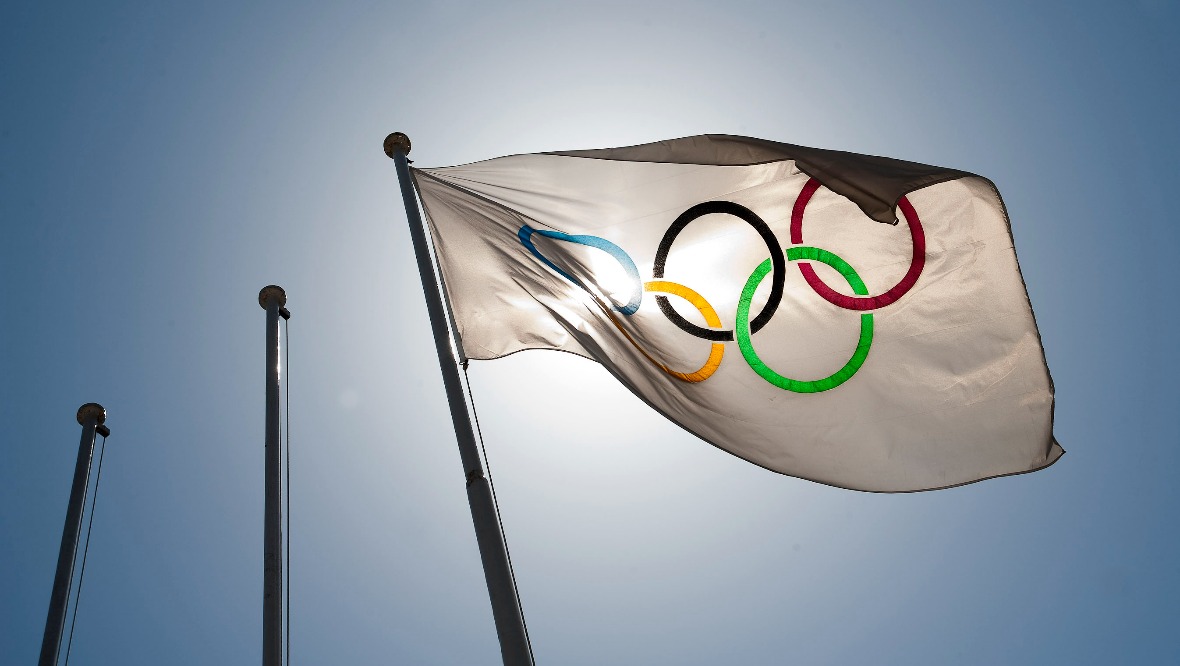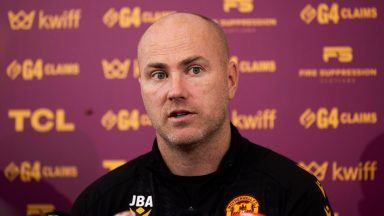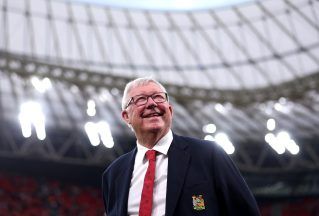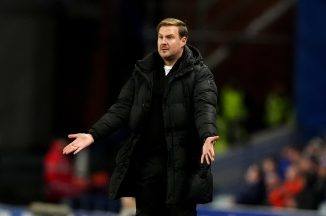The Olympic Village in Tokyo has its first Covid-19 case, organisers have confirmed.
The unnamed individual returned a positive test in screening at the Village, Tokyo 2020 chief executive Toshiro Muto said on Saturday, and was now confined to a hotel.
International Olympic Committee president Thomas Bach said in all there had been 15 positive cases among around 15,000 athletes, officials and other accredited people who had arrived in Japan between July 1 and 16.
“This is a very low rate of 0.1%,” Bach told reporters at a press conference.
“It goes without saying that all the concerned people were immediately isolated and in this way they do not pose any risk to other participants or the Japanese population. The close contacts of these people have been identified and are subject to the relevant anti-Covid protocols.
“This shows the measures are not only in place, but that they are working and that they are enforced.”
An individual connected to the IOC’s refugee team, currently based at a training camp in Qatar, has also tested positive. Bach said no other close contacts as defined by local legislation had been identified within the group and that so far everyone else had tested negative.
Bach also confirmed that banners which referred to a 16th century war between Korea and Japan had been removed from the Village by the IOC under its rules around political gestures.
“The guidelines say very clearly the Olympic Village is one of the protected areas where the athletes should and can live peacefully together without having to face any divisive messages whatsoever,” he said.
The IOC’s Rule 50 forbids any political gestures in the Village, in competition or during ceremonies, although a small concession was granted earlier this month to allow athletes to make gestures prior to competition.
Under this relaxation, TeamGB’s women’s football team plan to take the knee against discrimination before their matches at the Games.
Bach said he understood the continued “scepticism” of many Japanese people towards the Games, which are taking place despite the Tokyo city region being in a state of emergency and spectators barred from events.
“This is a democracy and many people feel under stress. There is uncertainty and there is scepticism,” he said.
“What we can do only is try to get the attention of these people and try to enter into a dialogue.
“We will continue to try to have this dialogue with them, knowing that we will not succeed 100 per cent, that would be putting the bar too high.
“We are also confident that once the Japanese people see Japanese athletes performing, and hopefully successfully performing, the reaction at these Olympic Games might become less emotional.”
Bach also supported transgender weightlifter Laurel Hubbard’s participation at the Games.
He said rules will be reviewed on transgender athletes and will necessarily differ from one sport to another, but said her qualification had been achieved legitimately.
“These rules apply, and you cannot change rules during ongoing competitions,” he said.
“The IOC is in an enquiry phase with all the different stakeholders, the medical experts, the social experts, the human rights experts and international federations to review these rules and to come up with some guidelines, which cannot be rules.
“There is no ‘one size fits all’ solution, it differs from sport to sport. These guidelines will have to balance the different aspects, to ensure fair competition and at the same time respect the rights of the concerned athletes.”
Follow STV News on WhatsApp
Scan the QR code on your mobile device for all the latest news from around the country



 SNS Group
SNS Group

























